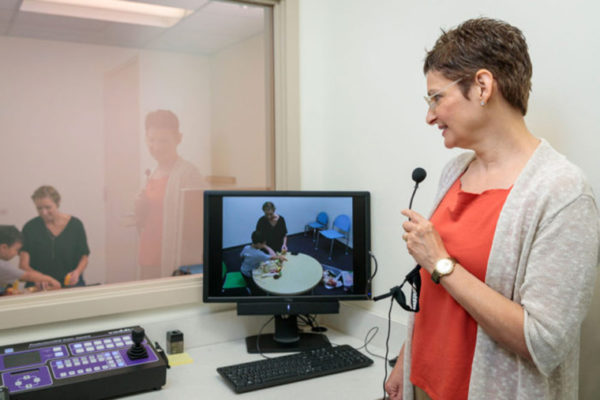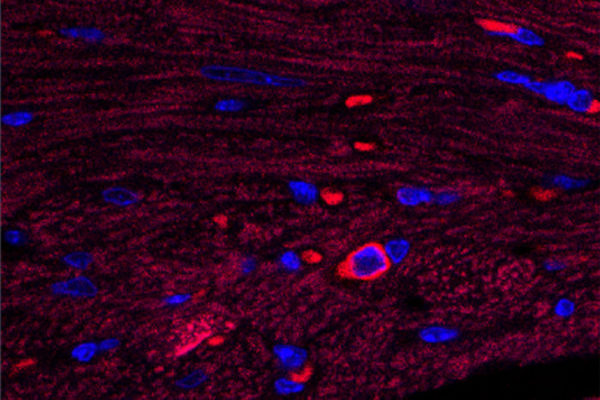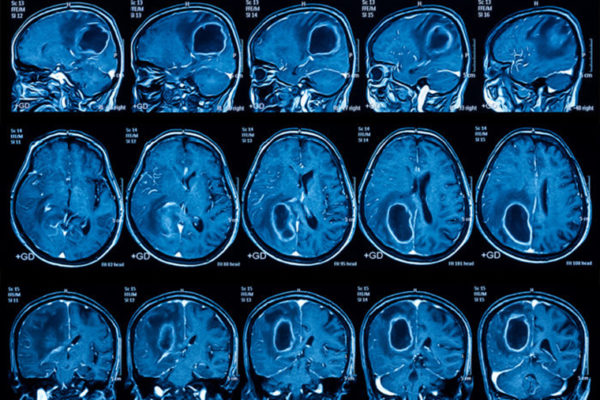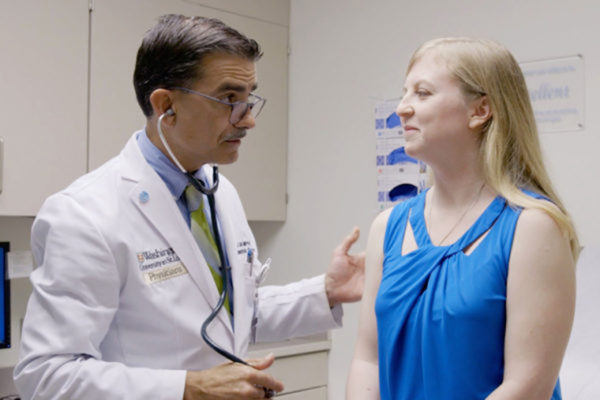Parent-child therapy helps young children with depression
New School of Medicine research on childhood depression demonstrates that an interactive therapy involving parents and children can reduce rates of depression and lower the severity of a child’s symptoms.
Youths prescribed antipsychotics gain body fat, have increased diabetes risk
Doctors sometimes prescribe antipsychotic drugs to treat behavior disorders in youths who don’t respond to traditional medications. Researchers at Washington University School of Medicine in St. Louis and Florida Atlantic University have found that young people taking antipsychotics for as little as 12 weeks experience significant gains in body fat and also become less sensitive to insulin.
Genes linked to Alzheimer’s contribute to damage in different ways
School of Medicine researchers have found that the pathways through which various types of brain cells are damaged by Alzheimer’s disease varies, depending on the genes involved. The findings are published in the journal Genome Medicine.
Scientists ID source of damaging inflammation after heart attack
Scientists from the School of Medicine have zeroed in on a culprit that spurs damaging inflammation in the heart following a heart attack. The guilty party is a type of immune cell that tries to heal the injured heart but instead triggers inflammation that leads to even more damage.
Are fast-pitch softball pitchers overdoing it?
Youth baseball leagues often have fairly strict limits on how many innings pitchers can pitch or how many pitches a player can throw. But for girls playing fast-pitch softball, such guidelines are rare. School of Medicine sports medicine specialists have found that many pitchers aren’t getting enough time to recover and are experiencing shoulder fatigue, pain, weakness and injury.
Smoking rates decline when mentally ill get help to quit
Recognition of a disconnect between what patients with serious mental illness want and what health providers think they want appears to be a crucial step in reducing smoking rates among such patients, School of Medicine researchers found.
Drugs that suppress immune system may protect against Parkinson’s
Parkinson’s disease is caused by the injury or death of brain cells known as dopaminergic neurons. A new School of Medicine study shows that people who take drugs that suppress the immune system are less likely to develop the disease, which is characterized by difficulty with movement.
Brain cancer vaccine effective in some patients
Most people with the deadly brain cancer glioblastoma die less than 18 months after diagnosis. But a multicenter clinical trial of a personalized vaccine that targets the aggressive cancer has indicated improved survival rates for such patients. The study appears May 29 in the Journal of Translational Medicine.
Gordon receives British Royal Society’s highest honor
The School of Medicine’s Jeffrey I. Gordon, MD, has received the 2018 Copley Medal from the Royal Society in Britain. He is being honored for his studies of human gut microbial communities, which have led to a fundamental shift in the way scientists understand the relationship between microbes, health and disease.
Eczema drug effective against severe asthma
Two new studies of patients with difficult-to-control asthma show that the eczema drug dupilumab alleviates asthma symptoms and improves patients’ ability to breathe better than standard therapies. Researchers at the School of Medicine and colleagues elsewhere conducted the studies.
Older Stories









